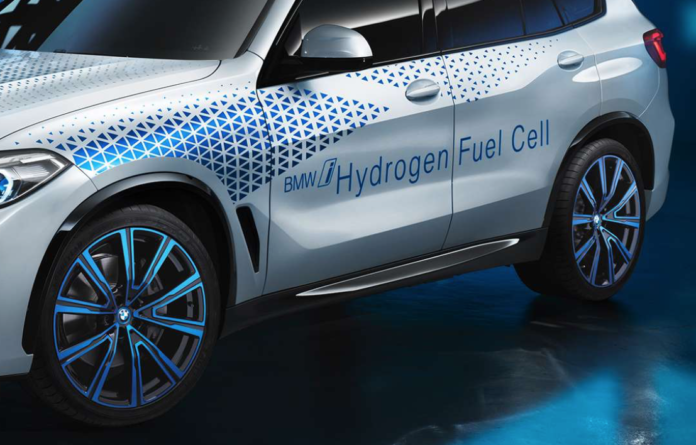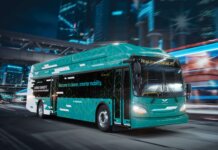The BMW Group has committed to producing hydrogen fuel cell technology to offer customers emission-free mobility.
“We are convinced that various alternative powertrain systems will exist alongside one another in the future, as there is no single solution that addresses the full spectrum of customers’ mobility requirements worldwide,” says Klaus Fröhlich, member of the board of management at BMW.
“The hydrogen fuel cell technology could quite feasibly become the fourth pillar of our powertrain portfolio in the long term. The upper-end models in our extremely popular X family would make particularly suitable candidates here,” he adds.
Although the BMW Group has no doubt as to the long-term potential of fuel cell powertrain systems, it will be some time before the company offers its customers a production car powered by hydrogen fuel cell technology. This is primarily due to the fact that the right framework conditions are not yet in place.
The requisite infrastructure, such as an extensive, Europe-wide network of hydrogen filling stations, is also lacking at present. However, the BMW Group is pressing ahead with its development work in the field of hydrogen fuel cell technology. The company is using the time until the infrastructure and sustainably produced hydrogen supply are in place to substantially reduce the cost of manufacturing the powertrain system.
The BMW Group is already bringing battery electric vehicles to market with sustainable energy and will soon be offering its customers a wide range of electrified vehicles. A total of 25 models are slated for launch by 2023, including at least 12 with an all-electric powertrain.






